Regarding the management of minerals used as filling materials (Group IV), the National Assembly Standing Committee and the Government have agreed to continue to regulate licensing but simplify the processes and procedures.

On the afternoon of November 5, continuing the 8th Session, the National Assembly discussed in the hall a number of contents with different opinions of the draft Law on Geology and Minerals.
Unlocking Resources
Presenting the Report on explanation, acceptance and revision of the draft Law, Chairman of the National Assembly's Committee on Science, Technology and Environment Le Quang Huy said that regarding the principles of granting mineral exploration licenses, the draft Law inherits the provisions on the number of exploration licenses of the current Law to limit speculation and mine holding, and there are no problems in the implementation of the 2010 Mineral Law.
The exclusion of regulations for coal minerals/energy minerals is inconsistent between groups and types of minerals in mineral exploration licensing activities.
The National Assembly Standing Committee proposed to adjust in the direction of assigning the Prime Minister to decide on cases where an organization requests more than 5 exploration licenses for a type of mineral.
Regarding the management of minerals used as filling materials (Group IV), the National Assembly Standing Committee and the Government have agreed to continue to regulate licensing but simplify the processes and procedures for Group IV minerals to unlock resources and promote socio-economic development.
Regarding the proposal to remove the content of collecting fees for granting mineral exploitation rights and at the same time consider increasing the mineral resource tax, the National Assembly Standing Committee found that after 13 years of implementation, the policy of "Mineral exploitation rights granting fees" has contributed to limiting speculation, keeping mines for transfer, selecting investors with sufficient financial capacity, and is also a significant source of revenue for the state budget.

To address current limitations and difficulties, the draft Law has stipulated that mineral exploitation rights fees will be collected annually and settled based on actual exploitation output. With the above provisions, mineral exploitation rights fees will not be affected by geological reserves, unexploited reserves, unexploitable reserves, or objective reasons that the mine cannot be put into operation.
Regarding resource tax, organizations and individuals self-declare actual mining output and pay monthly and are settled annually. Regarding mineral exploitation rights fees, the draft Law is stipulating that the state management agency will approve according to mineral reserves, organizations and individuals will pay once at the beginning of the year and be settled according to actual mining output by period (can be 1 year, 3 years or 5 years). The excess amount of mineral exploitation rights fees paid will be transferred to the next payment period, in case of underpayment, additional payment will be made.
Regarding mineral exploitation rights fees, based on the decision to approve and settle resource tax, organizations and individuals only have to pay once a year, without creating administrative procedures in declaring and paying mineral exploitation rights fees.
Ensure progress
Commenting on the implementation of investment projects in national mineral reserve areas, delegate Nguyen Huu Thong (Binh Thuan) said that in reality, there are small projects such as electricity, roads, schools, stations, drainage or telecommunications infrastructure... and urgent projects that must be implemented immediately but must wait for the Prime Minister's opinion before implementation, which will be very difficult and unnecessarily prolonged, especially in localities with planning for national mineral reserve areas such as Binh Thuan, Lam Dong, Binh Phuoc, Dak Nong...

"If regulated like that, after the law comes into effect, there will be a lot of work for the Prime Minister and it is not consistent with the trend of decentralization and delegation of power. Besides, the Land Law also has very strict regulations on the authority and responsibility of relevant agencies. Therefore, it is not necessary to regulate and get permission from the Prime Minister to implement projects and works as in the draft," said delegate Nguyen Huu Thong; at the same time, he suggested that only important national projects and works under the authority of the National Assembly to decide or approve investment policies and exploit minerals that are not subject to reserves should have their impact assessed.
In order to ensure the rights of organizations and individuals in granting, extending, re-granting, adjusting, returning mineral exploitation licenses, and transferring mineral exploitation rights, delegate Dieu Huynh Sang (Binh Phuoc) proposed that the Drafting Committee study and supplement regulations on how to handle cases where organizations and individuals have submitted applications and fully met the conditions for extending mineral exploitation licenses, but due to objective conditions such as waiting for the planning to be approved, waiting for competent authorities to appraise the application, the state agency has not considered and resolved it, in order to ensure the progress of granting and extending mineral exploitation licenses.
Discussing at the meeting hall, delegate Do Thi Lan (Quang Ninh province) said that the regulations on the period of exploitation and extension of mineral exploitation as in the draft Law are not consistent with the policy of the Central Government and the direction of the General Secretary as well as the direction of the Government and the Prime Minister on administrative reform, removing obstacles, reducing costs and time for businesses; and are not consistent with the provisions of the Investment Law.
Delegate Do Thi Lan requested the Drafting Agency and the Reviewing Agency to study and regulate the time limit for granting mineral exploitation licenses according to the mineral reserves and geological and mineral conditions of the project, adjusting the exploitation period to no more than 50 years and the extension period to no more than 15 years in the draft Law.
"If this content is not drafted by the Agency in charge of the project, the Reviewing Agency will not study and revise it, it is necessary to ask for the opinions of National Assembly deputies by ballot to have more basis for appropriate regulations," delegate Do Thi Lan proposed./.
Source












![[Photo] President Luong Cuong attends special political-artistic television show "Golden Opportunity"](https://vstatic.vietnam.vn/vietnam/resource/IMAGE/2025/8/22/44ca13c28fa7476796f9aa3618ff74c4)


































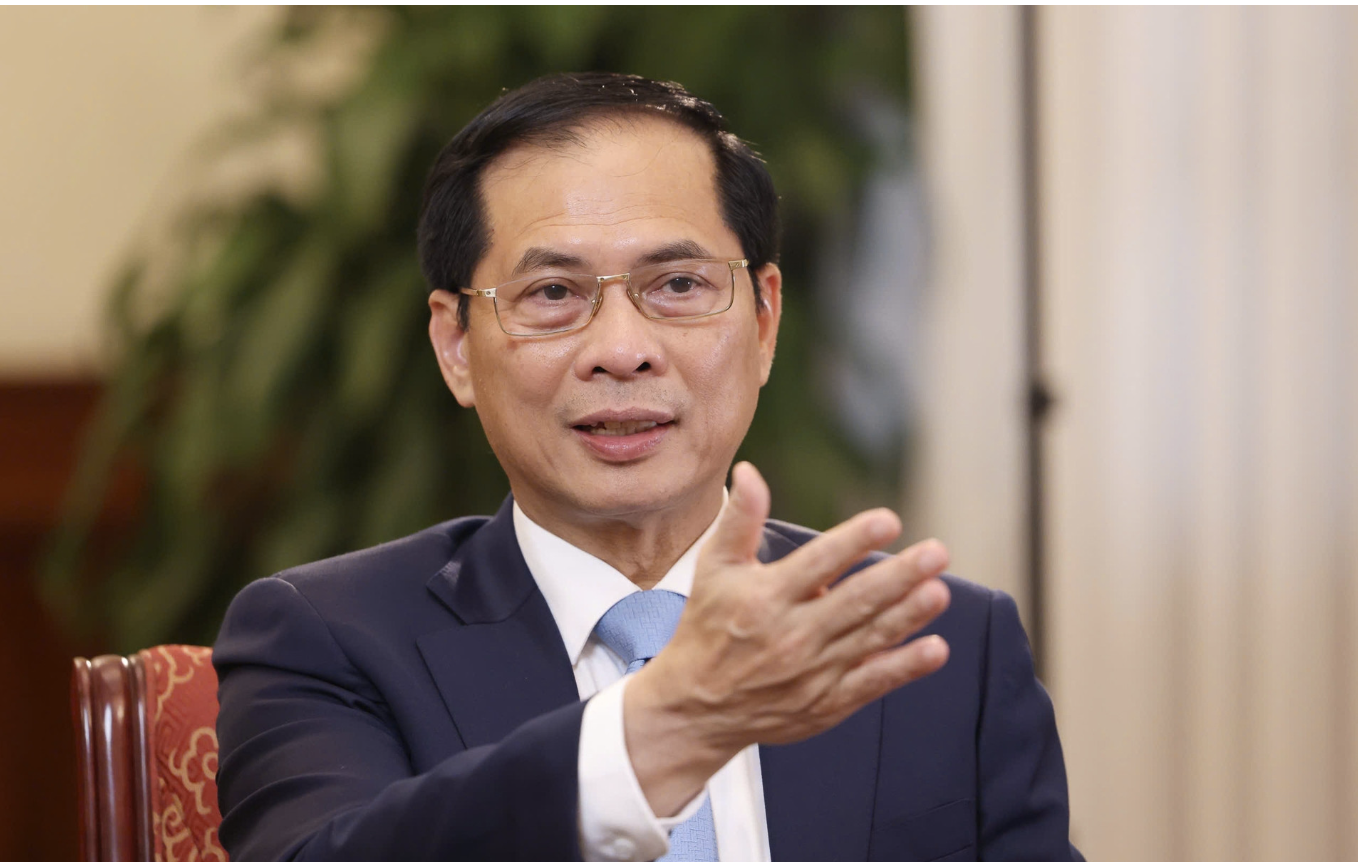

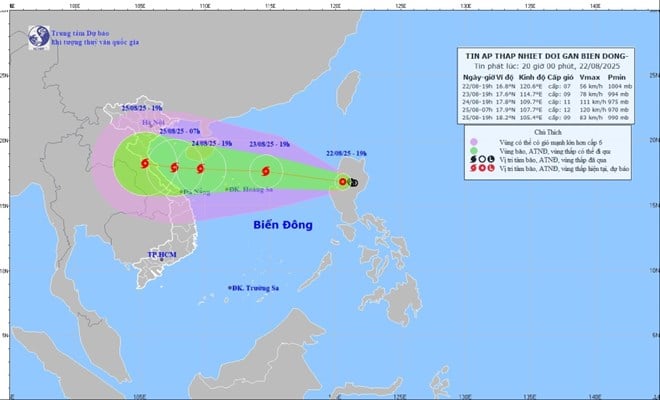

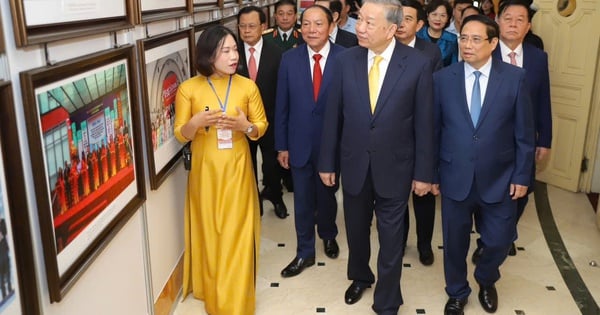

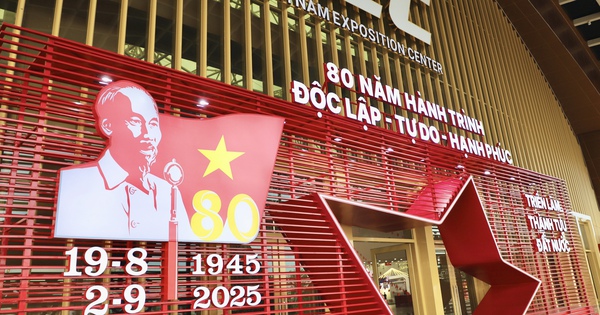
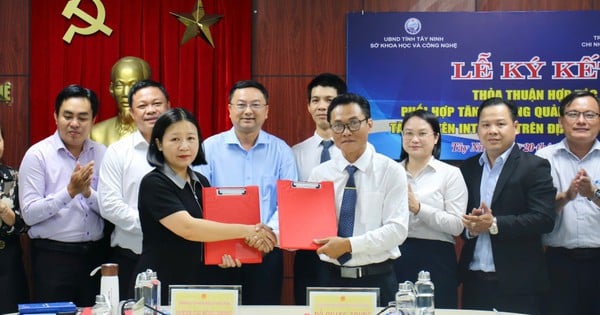

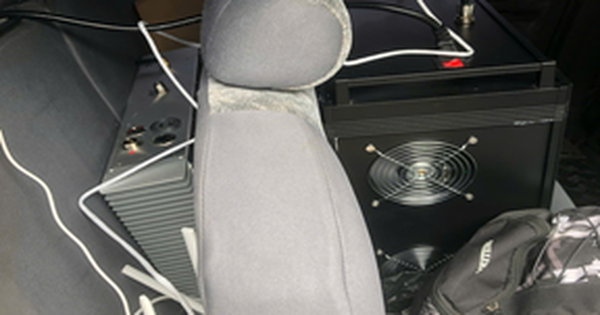
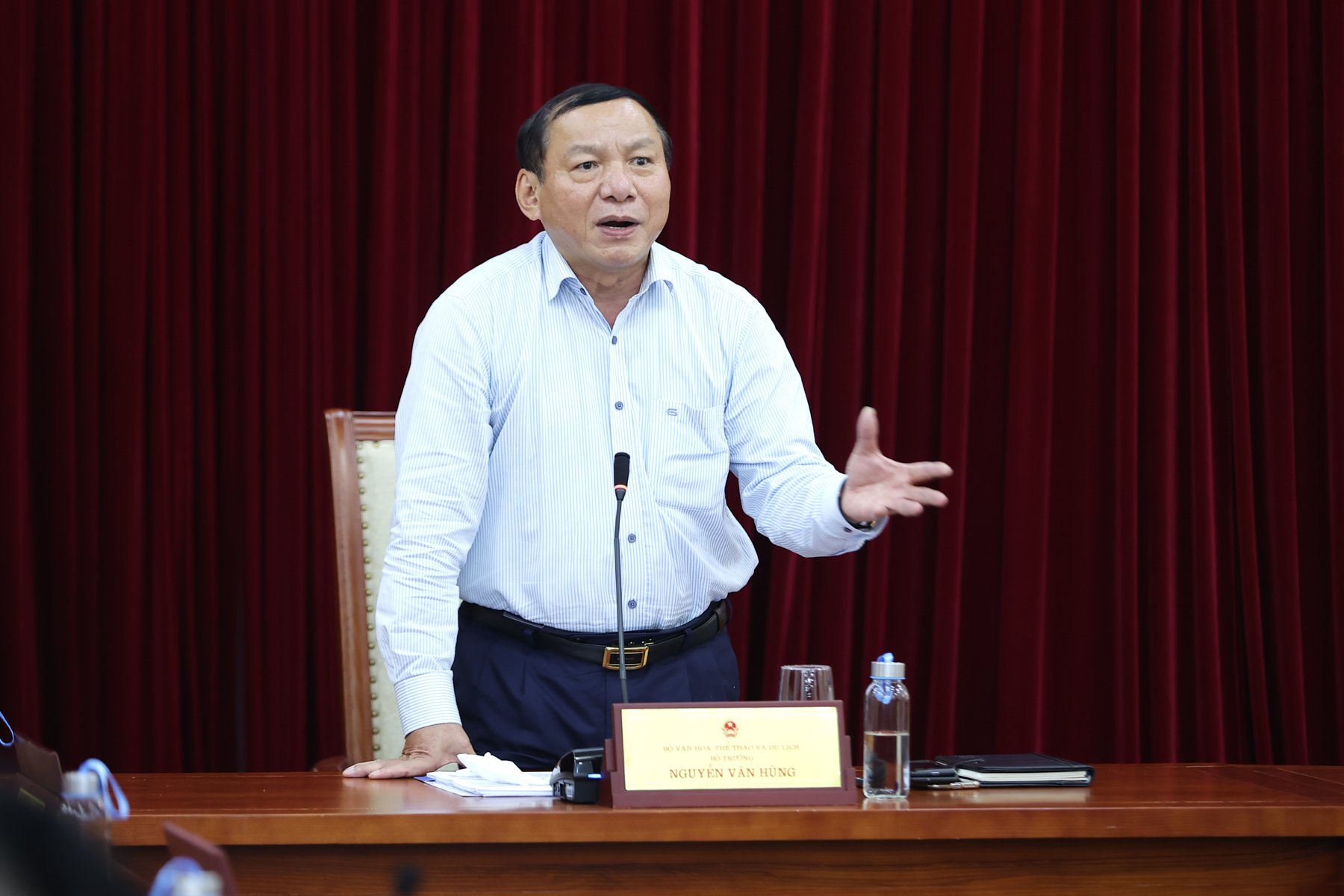
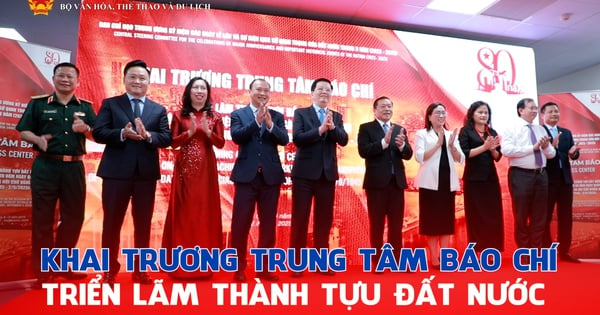


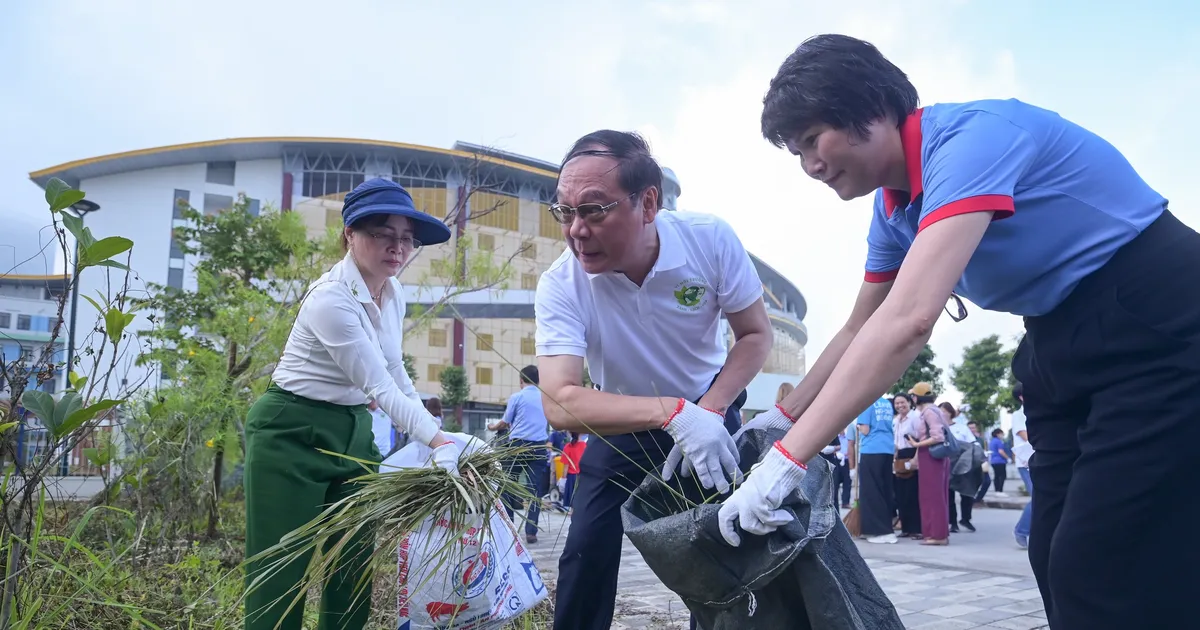
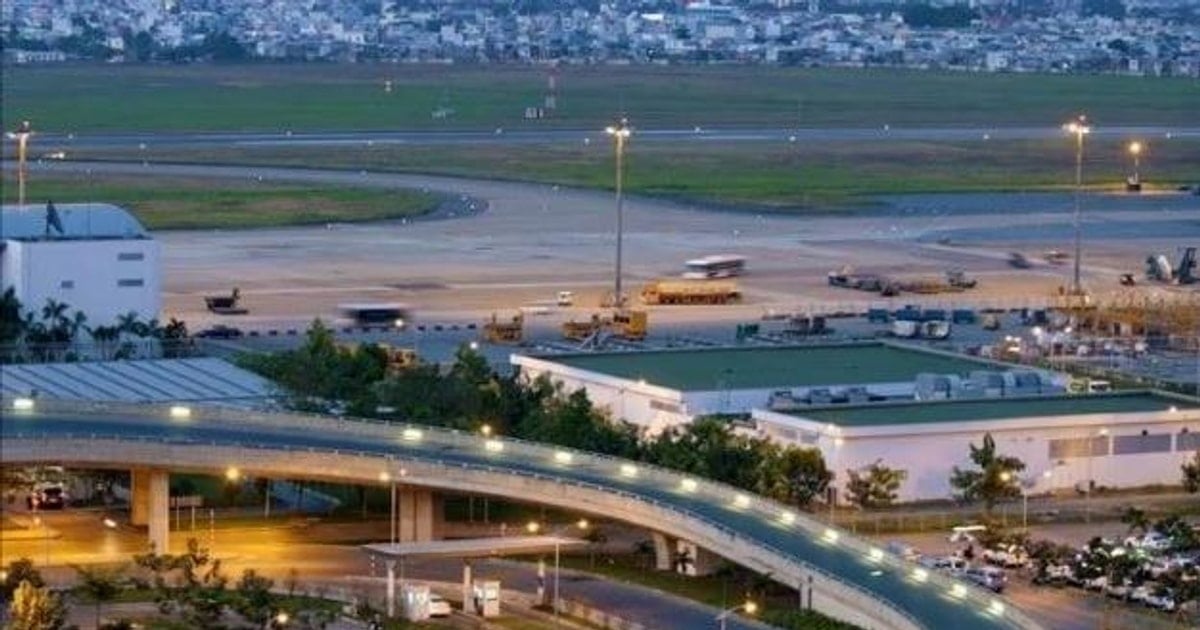


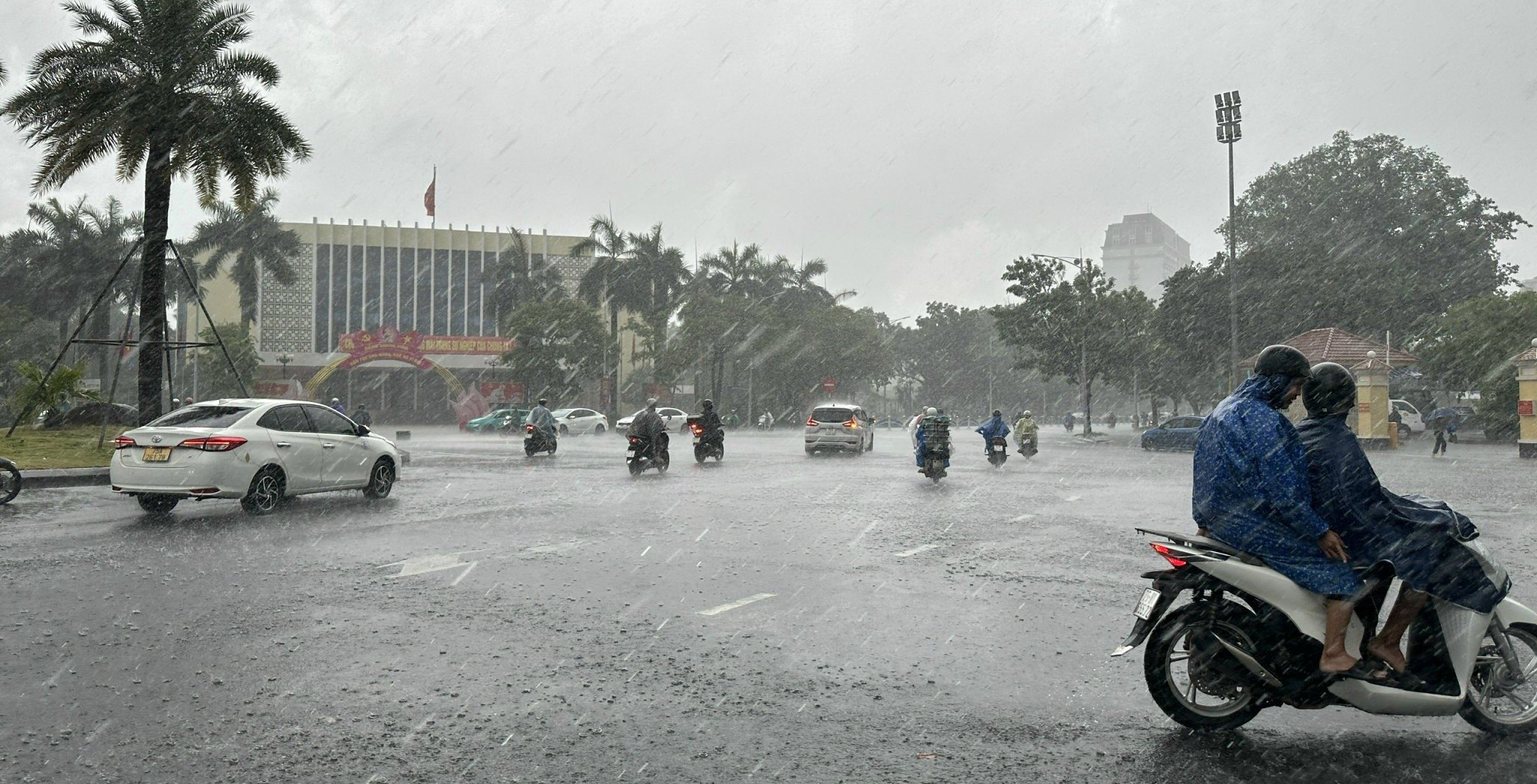





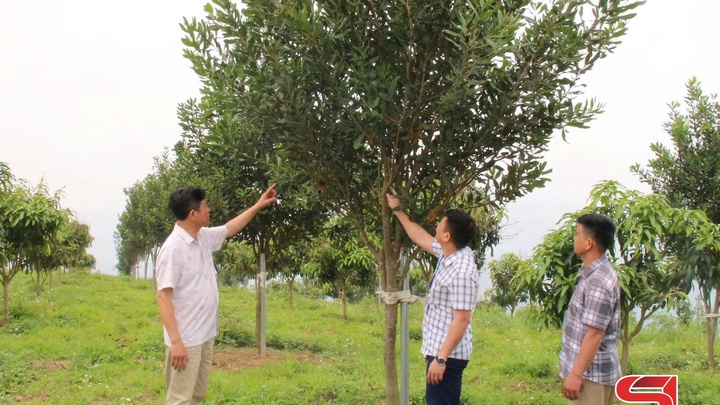













Comment (0)